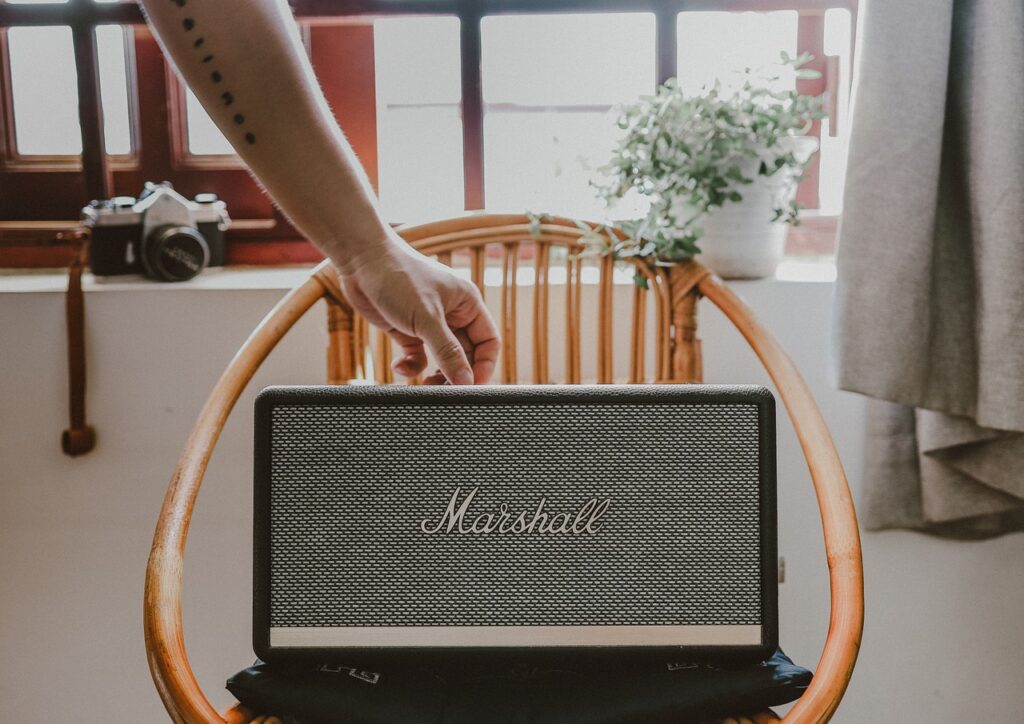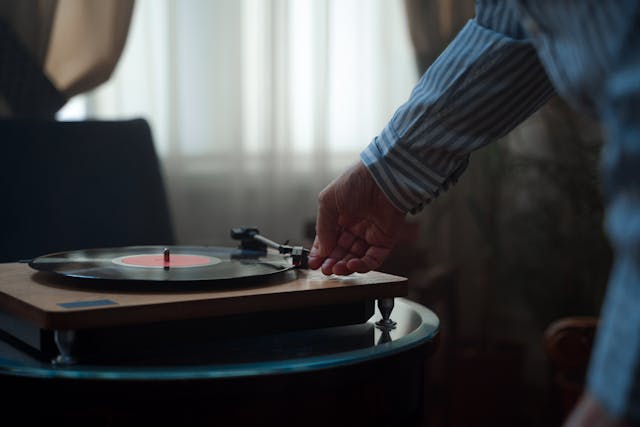
Music Therapy at Home: How Sound Can Improve Your Well-Being
Imagine a world where melodies not only entertain but also heal. Music therapy is that enchanting realm, blending art with science to enhance our well-being. It taps into the universal language of sound, offering comfort and connection in ways we often overlook. Whether you’re feeling overwhelmed by daily stress or seeking solace during tough times, music can be your guide. The phaedra name meaning is often associated with brightness and light, much like the uplifting power of music in our lives. This blog will explore how the rhythms and harmonies around us can transform our emotional landscape. Let’s dive into the power of sound and discover how it can uplift your spirits right from the comfort of your home.
The Science Behind Sound and Its Effects on Our Brain
Sound has a profound impact on our brains, influencing emotions and cognitive functions. When we listen to music, different areas of the brain light up like fireworks. The auditory cortex processes sounds while the limbic system taps into feelings and memories. Studies show that certain frequencies can induce relaxation or excitement. For instance, soothing melodies often lower heart rates and reduce cortisol levels our body’s stress hormone. Conversely, upbeat tunes can boost energy and motivation. Moreover, music engages both hemispheres of the brain. This dual activation enhances creativity and problem-solving abilities. It’s fascinating how sound waves resonate within us, creating pathways for emotional expression.

How Music Can Reduce Stress and Anxiety
Music has a unique ability to soothe the mind and body. When we listen to our favorite tunes, stress levels often drop significantly. This happens because music triggers the release of dopamine the feel-good hormone. In moments of anxiety, melodies can create an escape. Whether it’s classical symphonies or calming nature sounds, these auditory experiences help to shift focus away from worries and fears. They provide a comforting backdrop that allows us to breathe easier. Moreover, engaging with music like playing an instrument or singing further enhances this effect. These activities demand attention and presence, pulling us into the moment rather than letting our minds spiral into anxious thoughts.
Boosting Mood and Promoting Relaxation with Music
Music has an incredible ability to uplift spirits. The right melodies can transform a dreary day into one filled with light. Listening to your favorite tunes activates the brain’s pleasure centers, releasing dopamine the feel-good chemical. Creating a calming playlist is simple and effective. Include genres that resonate with you personally, whether it’s classical, jazz, or indie pop. The key is to choose music that makes you smile. Engaging with music actively also enhances relaxation. Try singing along or playing an instrument. This not only distracts from stress but encourages mindfulness too.
Using Music for Physical Rehabilitation and Pain Management
Music plays a fascinating role in physical rehabilitation. It creates an engaging environment for patients as they work through their recovery processes. The rhythm and melody can make exercises feel less daunting, encouraging movement. When paired with physical therapy, music enhances motivation. Patients often find themselves pushing through discomfort while immersed in their favorite tunes. This distraction not only makes the experience more enjoyable but can also lessen the perception of pain. Research shows that listening to or performing music activates multiple areas of the brain. This stimulation aids coordination and improves motor skills during rehabilitation sessions.

Incorporating Music Therapy into Daily Life at Home
Creating a calming atmosphere at home can be as simple as playing your favorite playlist. Curate different soundscapes for various activities, like working, relaxing, or exercising. Set aside specific times each day dedicated to music appreciation. Whether it’s listening to soothing melodies during breakfast or energizing tunes while cooking dinner, these moments can transform mundane routines into joyful experiences. Consider using instruments you have around the house. Strumming a guitar or tapping on a keyboard allows for creative expression and stress relief. Even household items like pots and pans can become percussion instruments.
In Conclusion
Music therapy at home offers a powerful way to enhance your well-being. By understanding the profound effects of sound, we can tap into its potential for reducing stress and anxiety while boosting our mood. Whether through curated playlists or engaging in musical activities, incorporating music into daily life can create a soothing environment that fosters relaxation.
